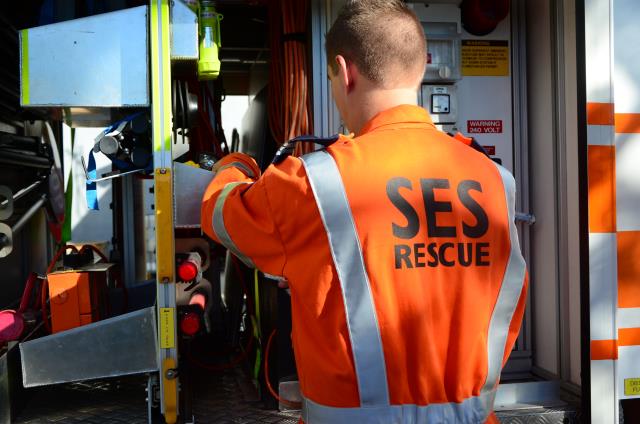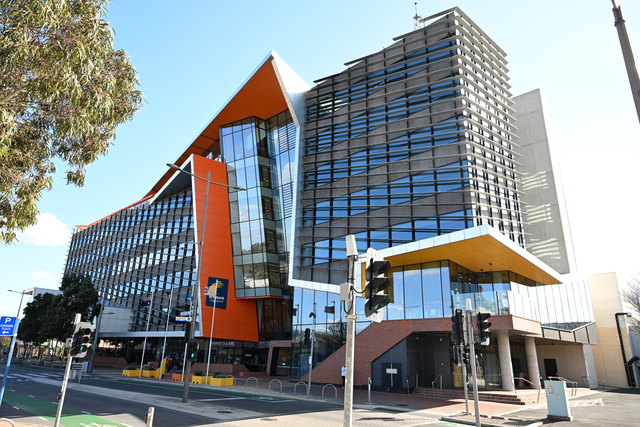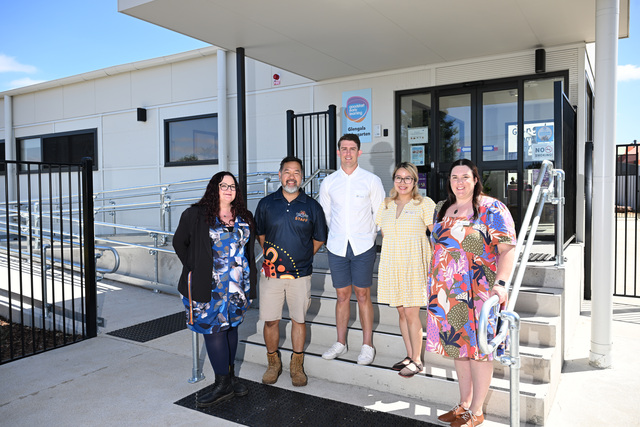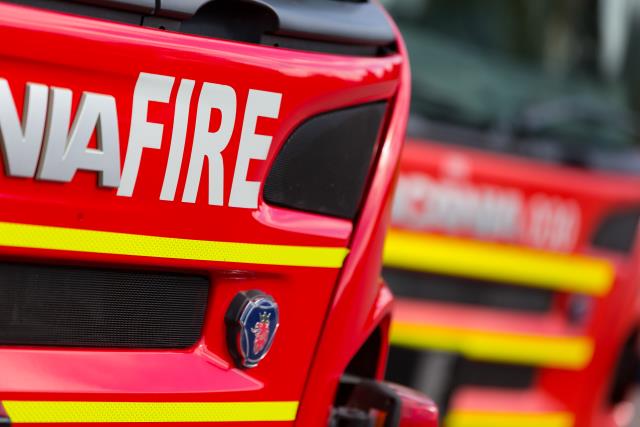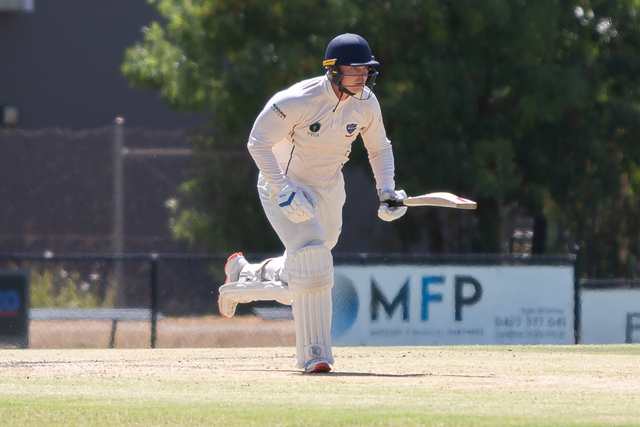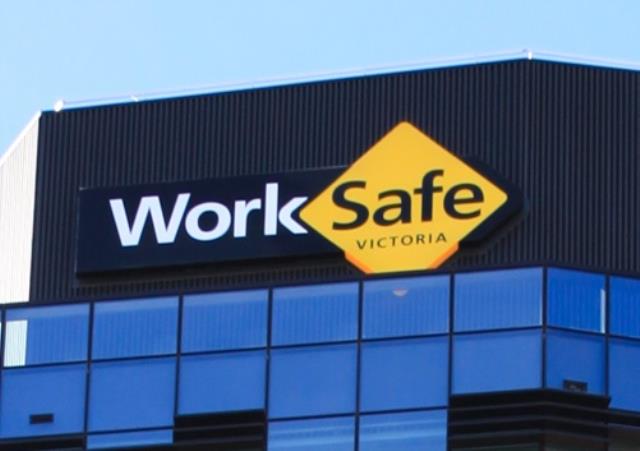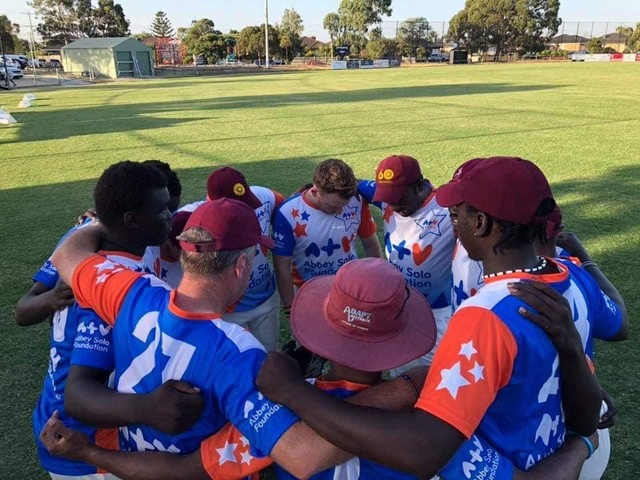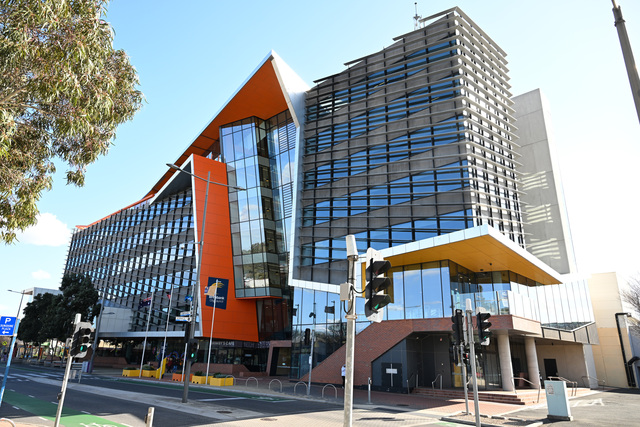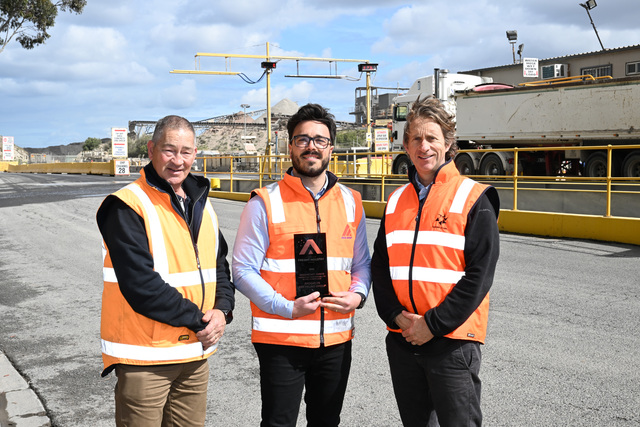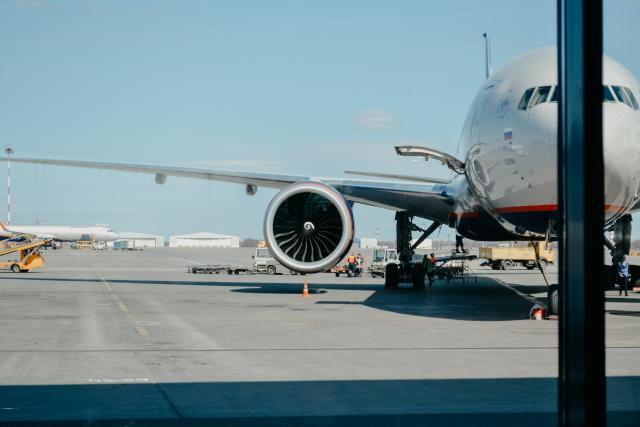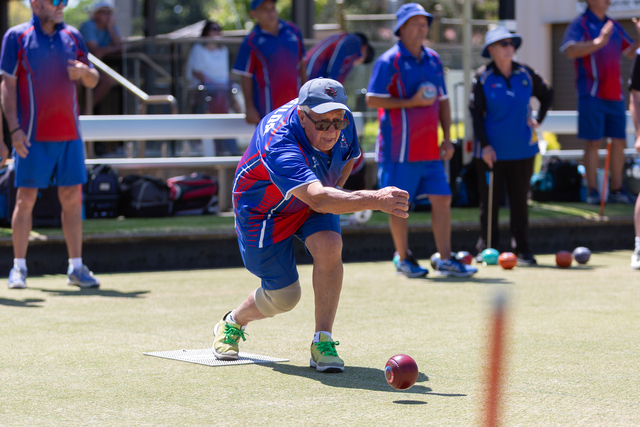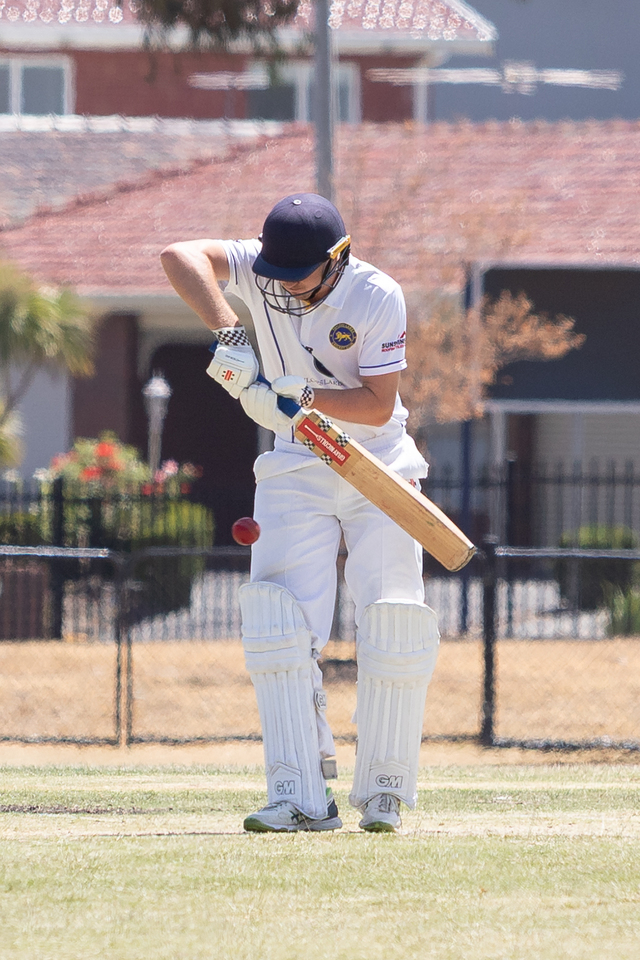Melburnians will be guaranteed free travel on trams within the CBD and Docklands, and zone 2 commuters will be charged a zone 1 fare regardless of who wins November’s state election.
The Napthine government has pledged to cap maximum daily fares at the zone 1 rate across Melbourne if it wins the election, with all trams in the CBD free from New Year’s Day.
The free-zone grid would include the Queen Victoria Market and Docklands, and ticket inspectors would no longer police inner-city tram routes.
Opposition leader Daniel Andrews on Wednesday said that the money for the proposal would be in the state budget and Labor would not scrap the plan if it won office.
Full-fare commuters travelling from zone 2 into zone 1 now fork out $6.06, while those living within zone 1 pay $3.58 for a two-hour journey.
A daily ticket costs Melburnians travelling in zones 1 and 2 $12.12, nearly $5 more than a commuter living in inner Melbourne.
Zone 2 commuters on a concession ticket also pay nearly double that of their inner-suburbs counterparts.
Dr Napthine said the big winners would be bus and train passengers who commute from outer suburbs.
‘‘This is a revolutionary change that will really benefit people who work in Melbourne,’’ Dr Napthine told radio station 3AW.
‘‘The $100 million has been accounted for in the budget, the plan is about our government’s real commitment to reducing the cost of living for Victorians.’’
The Premier said the changes would make Melbourne a more attractive city for businesses and for shoppers, because there would be ‘‘no worries about Myki, about touching on and off when you go into the city’’.
The government estimates the scheme would cost $100 million each year.
Transport Minister Terry Mulder told 3AW that the zones – which were introduced in 1982 – were ‘‘confusing and overlapping’’, and ‘‘cause congestion at stations which are the last port of call for zone 1’’.
‘‘We believe this is just a fair and equitable way of providing public transport services,’’ he said.
Mr Mulder also guaranteed that fares would not increase above the already promised 2.5 per cent plus inflation.
“This increase has been the case for a while, and there will be no increases in the next couple of years except for the 2.5 per cent,” he said.
Mr Mulder would not say how the government would pay for the $100 million initiative, saying the details would be revealed in the next budget.
“I’m not going to go into the budget details at this point in time,” Mr Mulder said.
He said families with mortgages and students on low incomes would be better off, as opposed to revellers who would benefit from Labor’s promised to run public transport 24 hours a day on weekends.
But shadow transport minister Jill Hennessy said the plan will do nothing to improve services or reduce over-crowding.
‘‘We support anything that improves fare relief given Denis Napthine has jacked the fares up year-on-year, but what he doesn’t understand is that you can’t move more people, more often, until he gets rid of the most dangerous crossings and builds Melbourne Metro.’’
Further changes to the glitch-riddled myki ticketing system, which has already cost the state $1.5 billion, would be needed. Public Transport Victoria and myki operator Kamco would work on those changes before January 1, Mr Mulder said.
Popular move, but ‘what’s the point?’
Monash University transport expert Graham Currie said people in the outer suburbs would be better served by having the $100 million invested in more services.
“This will be a popular move, and it was always designed to be a popular move,” Professor Currie said.
“Lower fares are hard to argue against but the important point is that $100 million a year would buy a gigantic improvement in our public transport system if it was used to improve the system instead of just giving people a cheaper fare.”
Professor Currie said his own extensive research with people in Melbourne’s urban fringe indicated most would prefer better, not cheaper, public transport.
“Most of the people on the fringe don’t have good public transport, so what’s the point of having it cheaper if there’s none there,” Professor Currie said.
He predicted passenger numbers would increase, resulting in more overcrowding.
Users ‘should expect price hike’
Public transport users should expect prices to hike as they did when zone 3 tickets were abolished, Public Transport Users Association president Tony Morton said.
‘‘We absolutely believe that what this will do is increase fares overall and we speak from experience on this,’’ Dr Morton said.
‘‘When zone 3 tickets were abolished, any saving that there was from that was more than clawed back with increases to zone 1 and 2 fares,’’ he said.
In 2006, a ticket covering all three zones cost $52.20, compared to a zone 1 and 2 ticket in 2014, which cost $60.60, he said.
Dr Morton said fares would not be reduced in the outer suburbs; rather, there would instead be a huge increase for passengers who make shorter trips in zone 2 suburbs.
‘‘It is going to put a huge price rise on short-distance travel which is where the vast majority of people use public transport,’’ Mr Morton said.
He called instead for substantial drops across all fares across both zones.
Such a move would get rid of the ‘‘perverse’’ effect of commuters driving to train stations on the zone 1 fringe to park their cars and receive a reduced fare, Dr Morton said.
Dr Morton added that passengers who travelled to and from the CBD were already paying for a daily fare and free CBD and Docklands tram travel would only benefit drivers to the city.
‘‘It is effectively rewarding people for driving into the city,’’ he said.
When Perth introduced free CBD bus travel, many passengers got on the bus in the CBD and fare evaded beyond the ‘‘free’’ zone boundary, Dr Morton said.
Election battle
The last major change to Melbourne’s public transport ticketing schedule came in 2007, when zone 3 was abolished.
Transport has long since been a major election issue in Victoria, with both parties fighting to win voters with increasingly generous offers.
In February, Labor pledged to eliminate 50 level crossings, build the Melbourne metro rail tunnel, improve Hoddle Street and remove 5000 trucks a day from the West Gate Bridge.
But the Napthine government has claimed the Opposition’s transport blueprint would rip a deep hole in the budget, revealing the metro rail link is expected to cost as much as $11.6 billion.
Labor’s own figures suggest the package would cost as much as $17.8 billion to deliver, mostly over two terms.
But it has been vague about how it would be paid for, with a proposal to set up an infrastructure fund by leasing the Port of Melbourne, probably for up to 99 years.
The Committee for Melbourne supports the free trams in the CBD and Docklands.
Chief executive officer Kate Roffey said the committee had proposed free CBD trams in 2008, because it would reduce congestion in the city and make Melbourne more attractive to international students.
Ms Roffey expected the free trams would ‘‘probably solve’’ the problem for tourists who were forced to buy a myki card when they only needed it for a single use or limited time.
She said most tourists travelled the CBD and Docklands when visiting Melbourne and free trams in those areas would mean they no longer needed to buy a myki.
Brian Negus, RACV general manager of public policy, said the zone 1 cap would mean cheaper fares for commuters travelling from the middle and outer suburbs to the city and would increase public transport use.
He expected the number of passengers who drove to a zone 1 station rather than pay for a zone 1 and 2 ticket would reduce.
‘‘With commuters now able to travel in zones 1 and 2 for the price of a zone 1 fare, significant pressure will be removed from inner city train stations, spreading the load more evenly across Melbourne’s train station carparks,’’ Mr Negus said.
Mr Negus said free tram travel in the CBD and Docklands would reduce fare evasion in the city on crowded trams and make transport more accessible.
RACV operates the Melbourne Bike Share scheme, which the state government is due to take to tender soon.
Mr Negus said the reforms would have ‘‘no impact’’ on its position in the scheme’s tender process.
Cathy Oke, chair of the transport portfolio for Melbourne City Council, said while making public transport cheaper and easier was commendable, the city’s main problem was getting more people into the city.
‘‘While this is welcome, the priority project is supporting Metro One [rail tunnel],’’ Cr Oke said.
‘‘Cheaper public transport is a good thing but it would be better to have more infrastructure,’’ she said.
She said free trams in the CBD would complement the Melbourne bike share scheme as the area covered by the scheme was set to expand during the next tender process.
– with Adam Carey, Deborah Gough

